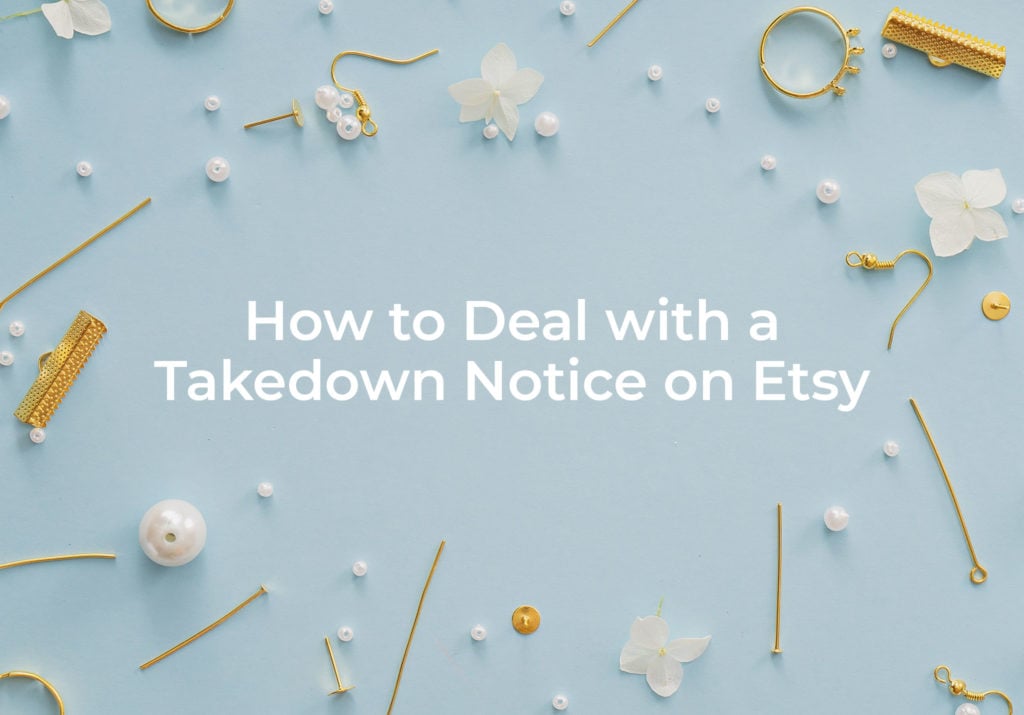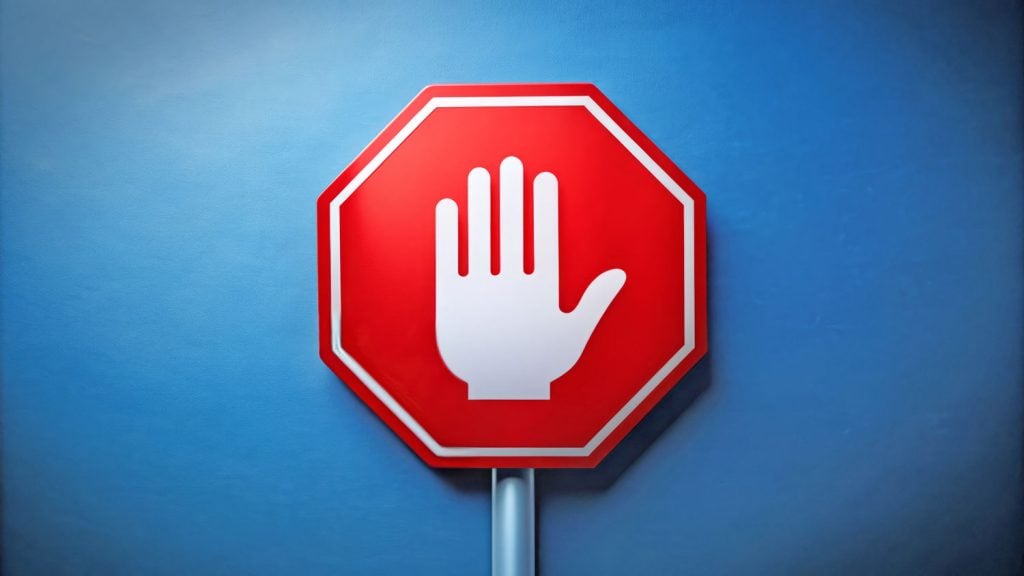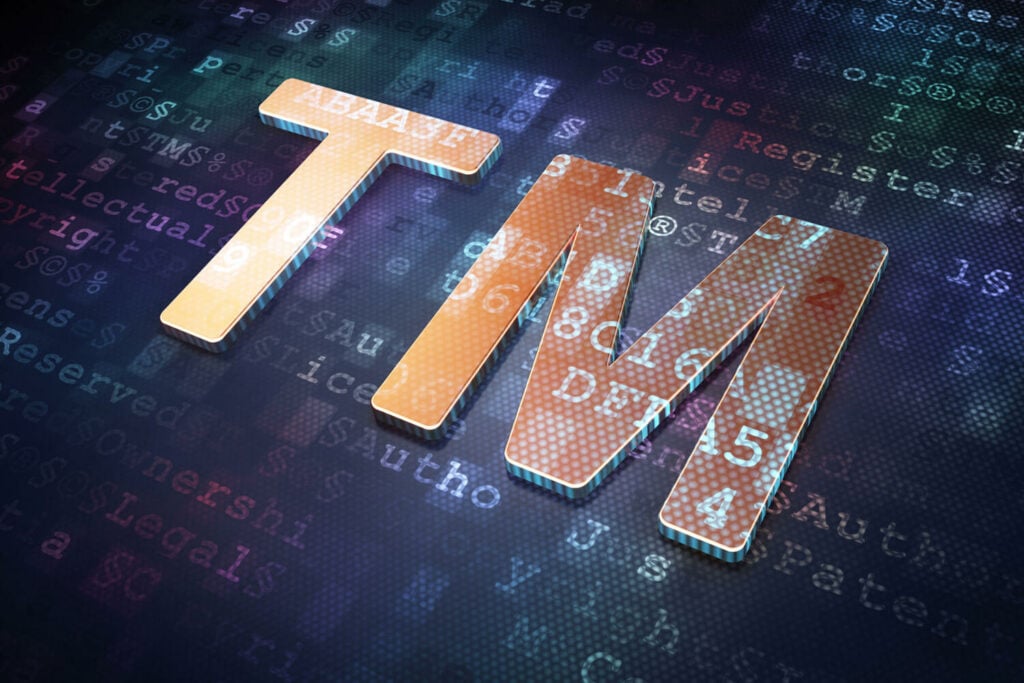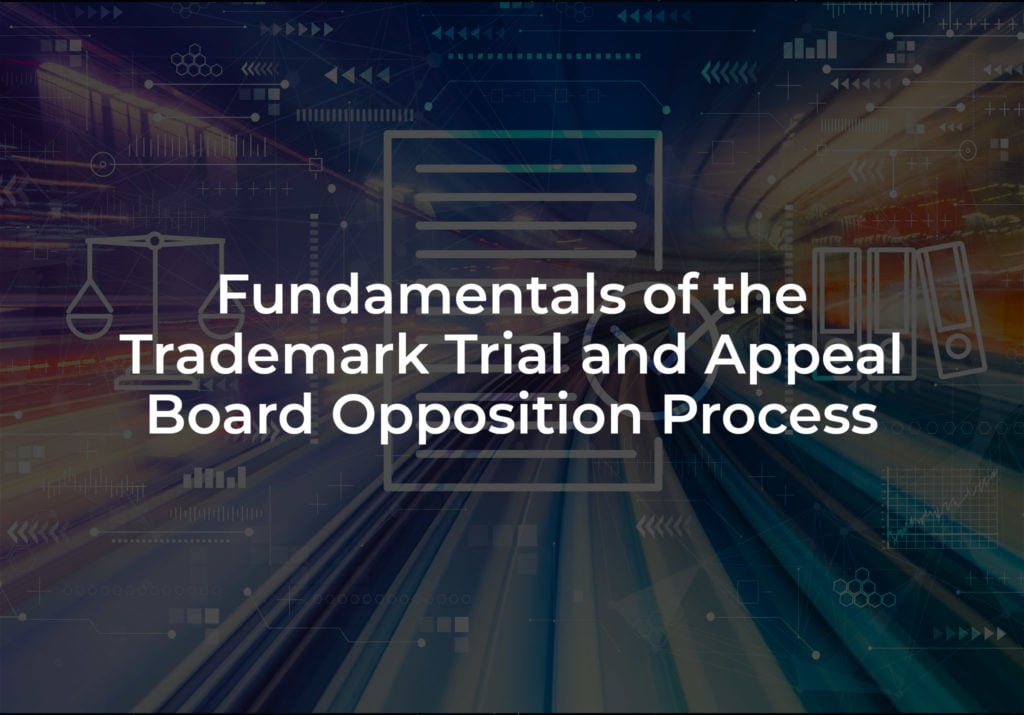Etsy is an online e-commerce platform that allows for the peer-to-peer sale of unique, custom, handmade, artisan, and vintage goods. The majority of sellers are young artists, designers, boutique stores, and sellers of handmade jewelry, clothing, home goods, toys, art, etc. who promote and sell their goods as a side businesses through the mobile app or web platform. However, with the global pandemic of COVID-19, the number of full-time Etsy sellers has quickly increased to include sellers across more than 230 countries, with top sellers able to gross over $1,000,000 in sales annually. The first step to creating an Etsy storefront is to come up with a unique branding and concept for the business. Otherwise, Etsy shops can be formed in a matter of minutes, avoiding the hassle of buying a domain, hosting, or designing a secured website with an encrypted payment system. With the potential success for Etsy sellers and the ease of opening a new account, Etsy has also become the source for frequent claims of intellectual property infringement.
Etsy is a trusted third-party e-commerce marketplace comprised of sellers who supply, sell, and create content for their individual shops through which they have access to a large audience of potential consumers. Etsy requires shop owners to understand and police their intellectual property rights to ensure they are not infringing another’s rights and monitor potential infringement of their own rights. Etsy does not provide legal advice or advocate for any intellectual property owner, generally leaving the responsibility for determining infringement to the individual users. While Etsy reserves the right to disable or prevent any listing, shop, or account that violates any intellectual property laws or regulations or Etsy’s Terms of Use, Etsy typically will not take action against a seller independently. Instead, Etsy may remove or disable a listing or account after receiving a relevant, presumptively valid claim of an intellectual property rights violation from a third-party. As it is initially up to individual users to raise a claim of infringement, the potential for frivolous claims and abuse by competitors aimed at intimidating and pushing competition out of the marketplace increases.
Etsy has rapidly grown in popularity, with over 4.3 million sellers and 60 million products listed as of 2020. With this explosive growth has come an increase in the number of intellectual property infringement claims along with users abusing these tools.
Often with clients who sell on Etsy, we encounter similar fact patterns where a third-party competitor discovers similar products on the Etsy storefront and impulsively files an Intellectual Property Rights Infringement Report without understanding whether they have a valid claim for trademark or copyright infringement.
After this kind of report is received against your account or listing, it’s important to understand what rights and remedies you may have before moving forward with taking down the listing or disabling your Seller shop. Likewise, it’s important to understand what constitutes a fraudulent report and how to respond if you are the subject of one.
How to Handle Trademark Infringement on Etsy
To protect your own intellectual property, it is always best to register any marks, logos, or slogans used in connection with your goods or services as early as possible to protect your branding and help establish a defensive strategy against frivolous trademark infringement claims. A trademark can include any word, phrase, name, symbol, sound, or combination thereof that identifies and distinguishes one company’s products or services from another. A trademark symbolizes a business’ brand identity. The sooner that brand recognition is established, the sooner consumers will associate your products or services with your specific brand.
The process for reporting alleged infringement is relatively simple, and while some notices may get rejected if they are inadequate or inapplicable to the reported content, fraudulently submitted reports can still be approved and result in your account or listing being disabled. If you have received a takedown notice through Etsy, fraudulent or not, it is important to know the necessary steps towards seeking a resolution. A typical response to an Etsy takedown notice will include:
- An explanation of why the subject content is not infringing;
- A request for an explanation as to how the content is allegedly infringing;
- A statement explaining how the report filed in bad faith may be prosecutable under the law; and
- A demand that the Etsy report be retracted.
Infringement claims through Etsy are handled internally within the platform and do not directly involve the federal court system or law enforcement, although in some cases the parties may escalate the matter by filing suit. Etsy’s self-reporting policy also allows for counterclaims to be filed directly through the platform. Although you may have the ability to file a counterclaim to an Intellectual Property Infringement Report, the most persuasive factor that will likely be considered is whether you own a registered federal trademark for the accused branding. Owning the trademark being used on your account can help deflect frivolous claims of trademark infringement as otherwise Etsy will often err in favor of the party who filed the report.
How to Handle Copyright Infringement on Etsy
The first thing to understand is whether something you find on Etsy is likely to be copyrighted. Any artistic work is eligible for copyright protection if is an original work of authorship fixed in a tangible medium and incorporates a minimal level of creativity. Copyrights can protect works such as paintings, photographs, illustrations, musical compositions, sound recordings, computer programs, books, poems, blog posts, movies, architectural works, plays, lyrics, in addition to other written, graphic, and sculptural works. In the Etsy marketplace most products are handmade crafts, paintings, drawings, or other such artistic works that may be subject to copyright protection; the moment a copyrightable work has been created by someone, the copyright in that work belongs exclusively to them. Most claims on Etsy regarding copyright infringement hinge on how significant the copying is of the creative elements of the protected work; however, there is no bright-line rule as to how much of the original work needs to be contained in the new works to constitute infringement, often leaving frustrated third-parties who have found similar works on an Etsy page to make the determination themselves. Just as there is also no rule for how much a specific work needs to be different or changed to avoid infringement, myths of a “non-infringement formula” which defines an arbitrary percentage change that will avoid infringement are false. The one proven formula for success in avoiding copyright infringement is to create an original work from scratch.
If you believe someone may be infringing your copyrighted work, you should first consult with an experienced intellectual property attorney before filing an Intellectual Property Infringement Report. It’s often a much more cost-effective and expedient strategy in the long run to reach out directly to the alleged infringer rather than simply filing a complaint, as many cases of potential infringement can be amicably resolved between the parties by a phone call or email. Moreover, submitting an Intellectual Property Infringement Report is a serious matter that carries legal consequences and risks account terminations should it be fraudulently filed.
If you have received a copyright takedown notice, you have the opportunity to file a counter-notice in accordance with the Digital Millennium Copyright Act (DMCA) which will require the original complaining party to file a response within 10 days or any removed materials will be restored unless that party has filed a lawsuit.
What are the Repercussions for Infringement?
The punishment for violating Etsy’s Intellectual Property Policy may not only result in the de-activation of your Etsy shop, but these same actions may carry over to the court system. On Etsy, the result of a successful claim of infringement may result in Etsy removing the work and possibly terminate your selling privileges as outlined in Etsy’s Terms of Use. However, this alone for many repeat infringers may not deter them from continuing the infringement elsewhere, such as by creating a new seller account to continue misappropriating the intellectual property of others.
Although registration with the United States Copyright Office is not required to raise a claim of copyright infringement with Etsy, you must have your work registered before you can file suit in federal court. Additionally, if this registration is done either prior to the infringement or within three months of publication of the work, you may be able to claim statutory damages should you file a copyright infringement suit. Statutory damages may be granted at the discretion of the court but can range between $750 to $30,000 per infringement. In exceptional cases where the infringement is proven to be intentional and willful, the damages award may increase to between $30,000 and $150,000 per infringement.
Depending on the nature the infringement and the infringing party, understanding the available remedies will help you choose the best forum to pursue your claims.
Why Etsy Sellers Should Register Trademarks
There are a number of reasons why Etsy sellers, like most businesses, should file for a federal trademark protection. First, the value of protecting your brand recognition that you are building in front of an audience of more than eighty million potential Etsy buyers is immeasurable. Although it can take business years to develop a customer base or brand recognition, Etsy shop owners are able to showcase their branded goods and services to a large audience by merely creating an Etsy seller account online. Trademark protections ensure that consumers looking for your goods or services do not confuse them with the products of another seller, protecting both your sales and your reputation.
Second and most importantly, trademark registration provides you a layer of protection should you need to file an Intellectual Property Infringement Report against another party or if such report should be filed against you, as owning the registration may deter parties from filing fraudulent or frivolous claims against you merely to eliminate competition.
Lastly, obtaining federal registration establishes that you, and not a third-party, own the rights to your trademark. A trademark registration with the United States Patent and Trademark Office provides prima facie evidence that the trademark is both valid and enforceable and means that the trademark successfully underwent examination by a USPTO Examiner who determined that there was not a conflict or likelihood of confusion with another earlier registered trademark.
The bottom line is that a federal trademark registration can be an Etsy seller’s most valuable asset. Not only does it protect your use of the mark in interstate commerce and online throughout the United States, but it also provides a defense against frivolous reports. The relatively inexpensive application process is well worth it when compared to the potential losses you can incur from competitors wrongfully using your mark or your product listings be removed due to a fraudulent complaint.
Received an Etsy Takedown Notice? Consult with an Experienced Infringement Attorney
As with any legal proceeding, any Etsy Intellectual Property Infringement Report is a serious matter and should not be taken lightly. Consulting with an experienced intellectual property attorney early in the process can help you better navigate the many complex issues. While Etsy has become much more aggressive in protecting the intellectual property rights of sellers and removing users who abuse these tools by filing fraudulent reports, the best way to protect your business and is to develop a trademark and copyright strategy to protect your products and enforce your rights. The most common mistake we see with Etsy sellers is they did not register their trademark or copyright, leaving them facing an uphill battle when a dispute arises.
The Rapacke Law Group understands the challenges to growing a business while protecting its most valuable intellectual property. We work closely with our clients on a fixed fee basis to not only protect their trademarks and copyrights but help them build a customized intellectual property strategy. If you have questions on what type of intellectual property protections are best for your business, schedule a free consultation with one of our attorneys or take our Intelligent IP Quiz here.




